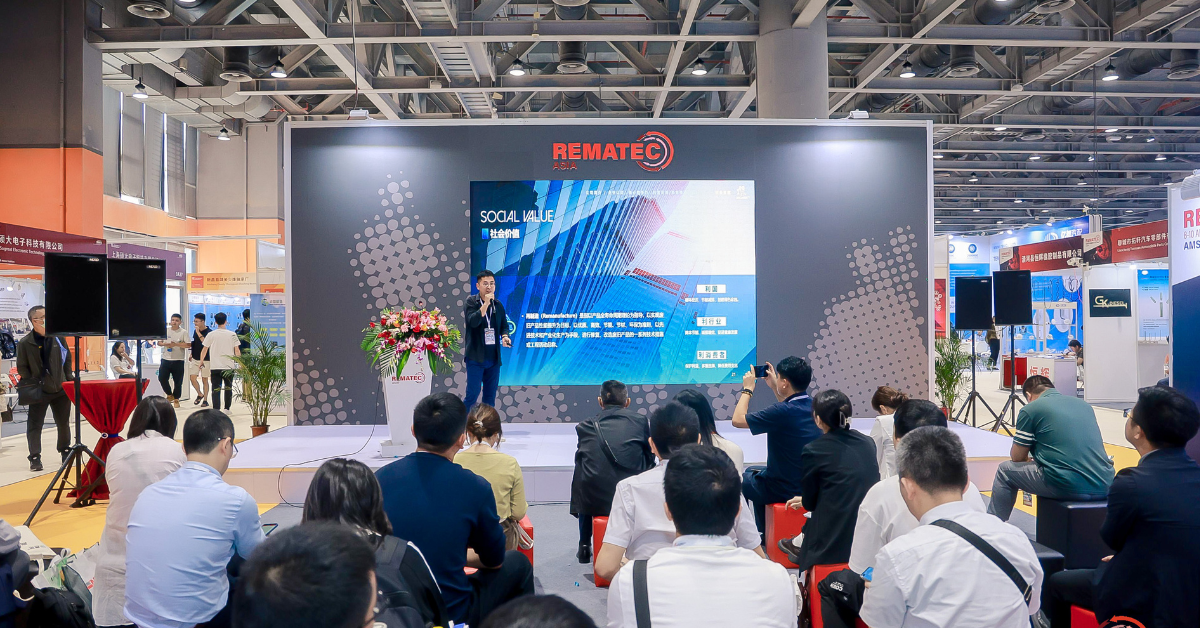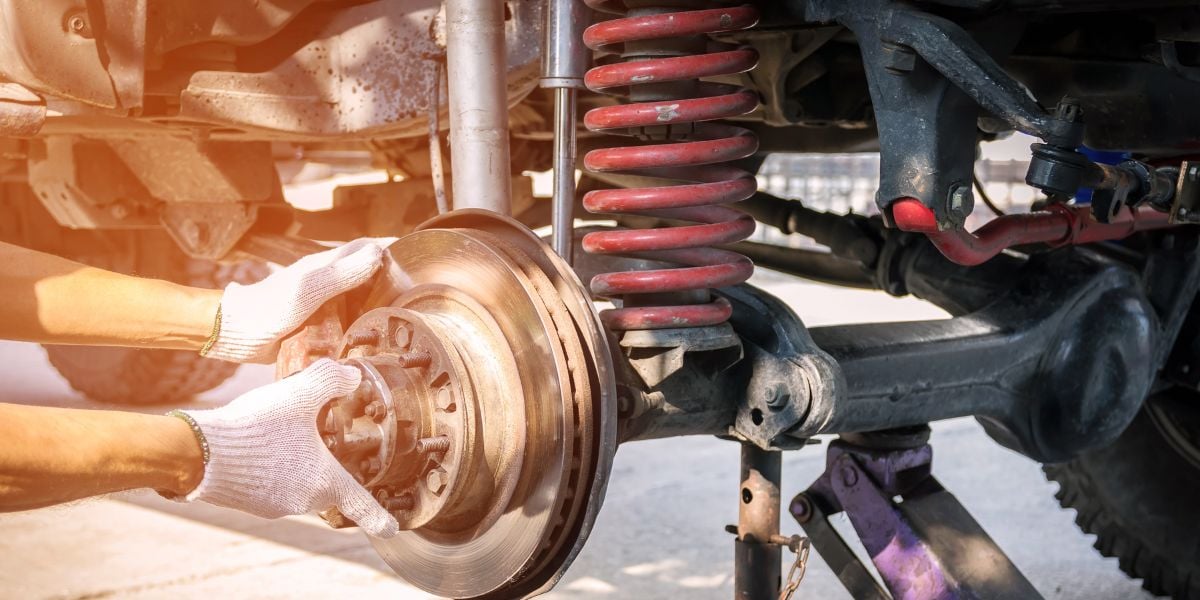3 key aftermarket trends that challenge automotivewarehouse distributors and wholesalers
Amsterdam - 7 February 2019 - Warehouse distributors and wholesalers face a number of challenges arising from increasing product quality as well as new customer habits. However, what is an advantage for any car owner, tremendously changes the aftermarket game for distributors and wholesalers. This is why The Automotive Parts Remanufacturers Association (APRA) and ReMaTec wrote a white paper to highlight key trends, and at the same time to prove how remanufactured parts can help overcome these business obstacles.
"Remanufacturing has been called 'the most sustainable business model' as it combines sound economic, environmental and social aspects" says Dr. Daniel Koehler, Chairman of APRA Europe. With APRA being the voice of remanufacturing since 1941, the association has built a strong leadership position within the Automotive Remanufacturing Industry.
Niels Klarenbeek, Director of the world's largest remanufacturing exhibition ReMaTec, believes this white paper will be a great asset for aftermarket distributors. “Consumers are more and more environmentally conscious and so are car owners. Remanufactured parts and components save money and the environment without any concession in terms of quality. It is no question that the consumer demand for “green” replacement parts will rise considerably. This white paper helps aftermarket distributors getting a clear eye on the sustainable benefits of remanufactured parts and components."
Remanufacturing - also called "reman" - is a value retention branch within the aftermarket industry that is closely linked to the circular economy. The automotive remanufacturing market in Europe (EU28) turns over €7.4 billion, with 2,363 firms employing 43,000 people and handling 27.3 million cores (parts) for value retention. [source: Remanufacturing Market Study 2015, European Remanufacturing Network].
Press contact
For more information, please contact the Brand Marketing Manager: rematec@rai.nl



